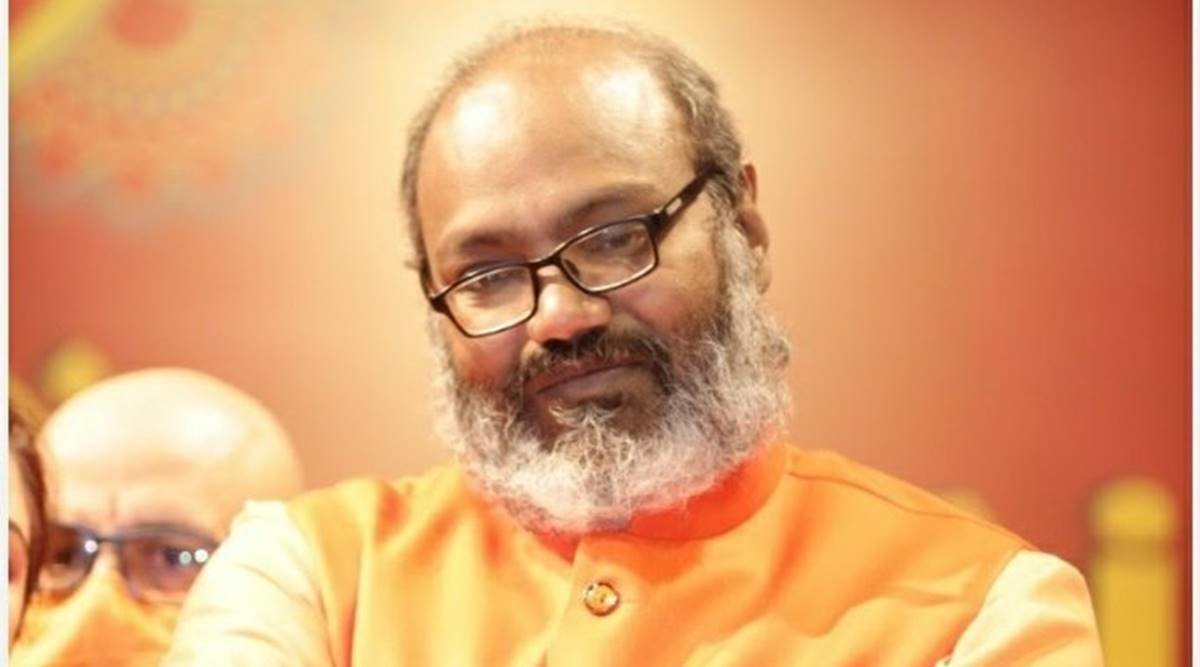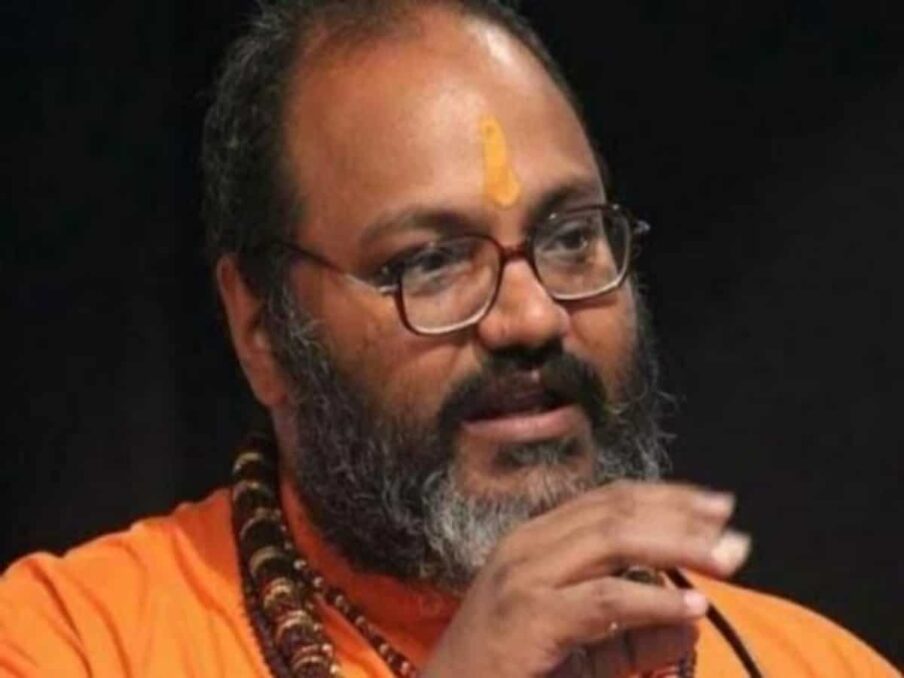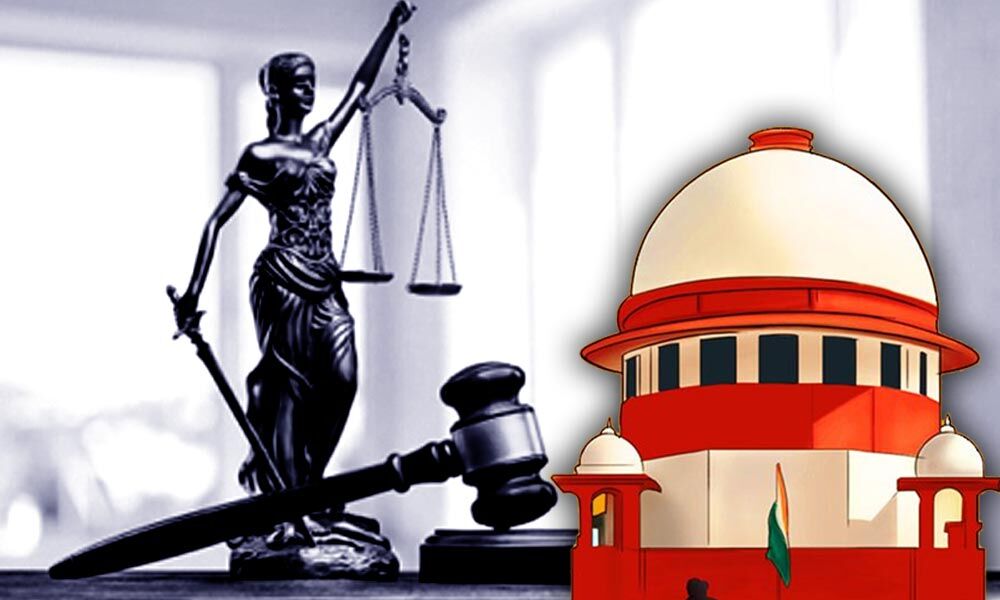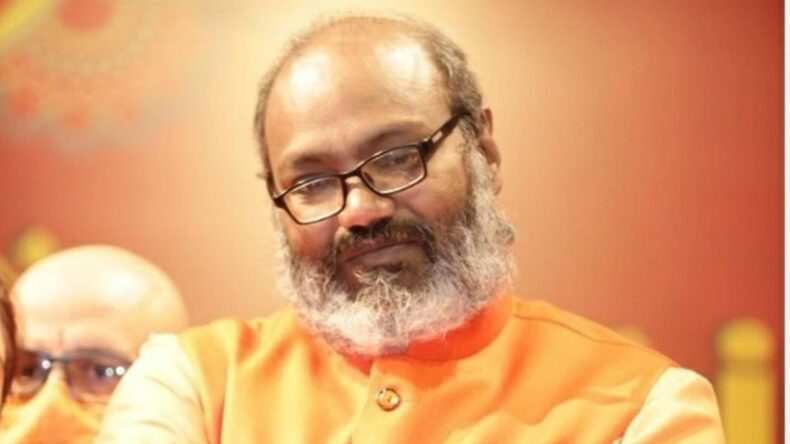
Hindutva activist Yati Narsinghanand recently received a contempt notice from the Supreme Court of India for allegedly making derogatory comments regarding the court and the Indian Constitution in a widely circulated interview. The warning is in response to a petition that was submitted by activist Shachi Nelli, who demanded that Narsinghanand be punished for his disparaging remarks.
Background
In a letter to the Attorney General of India in January 2022, activist Shachi Nelli requested permission to bring legal action for contempt against Yati Narsinghanand Saraswati, commonly known as Deepak Tyagi. The ‘Dharam Sansad’ hate speech case in Haridwar involved controversial religious figure Narsinghanand, who was charged. In her appeal, Nelli drew attention to Narsinghanand’s insulting comments against the Supreme Court and the Constitution in a widely circulated interview.
Contemptuous Remarks
Narsinghanand has become well-known for his divisive remarks directed towards Muslims and women. The priest, who was born in Meerut, allegedly claimed in the cited interview that the Constitution would “consume the 100 crore Hindus in the country” and that everyone who adhered to it and the current order would “die the death of a dog.” These comments were obviously an effort to challenge the legitimacy of the Supreme Court and the Constitution as a whole.

Interference with Justice
Nelli’s appeal was clear that Narsinghanand’s remarks intended to obstruct the administration of justice by employing abrasive language and unfounded criticisms of the independence of the Constitution and the judiciary. Such words not only diminish the institution’s majesty but also destroy public confidence in the court. The comments made by Narsinghanand were a clear attempt to undermine public perception of the Supreme Court’s authority.
Consent for Contempt Proceedings
After analysing the insulting comments made by Narsinghanand, the then-Attorney-General KK Venugopal gave permission to begin contempt proceedings against him. Venugopal pointed out that these comments might have a detrimental impact on public opinion and were made with the intention of undermining the Supreme Court’s authority. The Supreme Court’s notice of contempt was made possible by this judgement.

Seeking Transcripts of the Interview
Following the attorney general’s approval, the Supreme Court requested transcripts of the interview where Narsinghanand was said to have made the controversial statements in October of the same year when it heard Nelli’s contempt petition. This action demonstrates the court’s dedication to carefully examining the testimony and reaching a well-informed conclusion about the case.
Implications for Judiciary and Constitution
The consequences of Yati Narsinghanand’s disdainful statements about the Constitution and the judiciary are extensive. They diminish public confidence in the legal system in addition to undermining the Supreme Court’s power and integrity. Upholding the values embodied in the Constitution and respecting the independence of the judiciary are essential in a democracy. The pillars of our democracy are threatened by derogatory comments and irrational attacks on these institutions.
Conclusion
Yati Narsinghanand’s statements against the judiciary and the Constitution led the Supreme Court to give him a contempt notice, which shows the court’s dedication to maintaining the integrity of these institutions. Such comments not only undercut the judiciary’s power but also erode popular confidence in the Constitution. To preserve the integrity of our democratic system and defend the ideals embodied in the Indian Constitution, it is essential to confront such situations.
It is imperative to address and condemn such instances to safeguard the integrity of our democratic system and protect the values enshrined in the Indian Constitution. Upholding the principles of justice, equality, and fairness is essential to ensure a society where the rule of law prevails and every citizen’s rights are protected.













